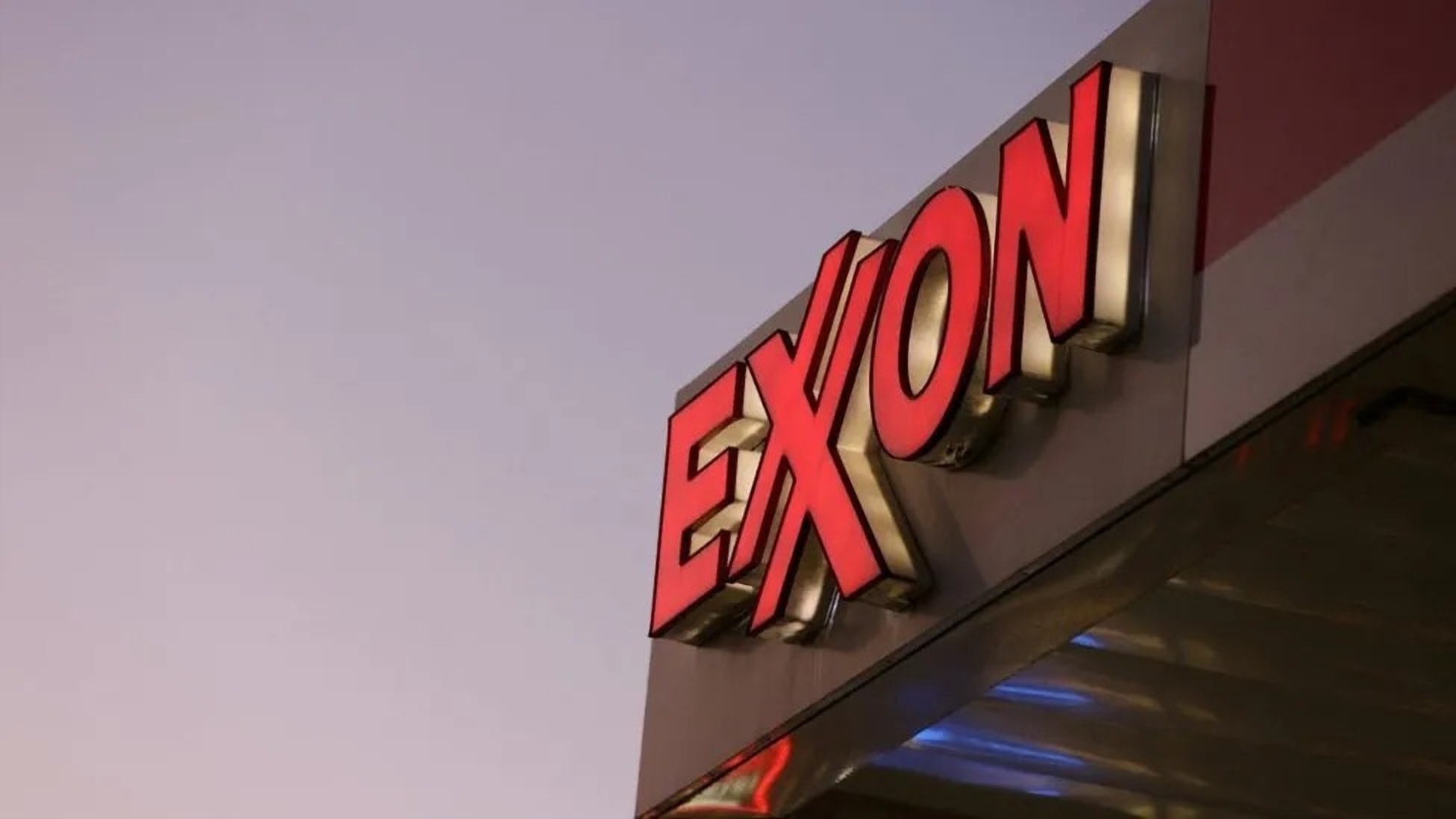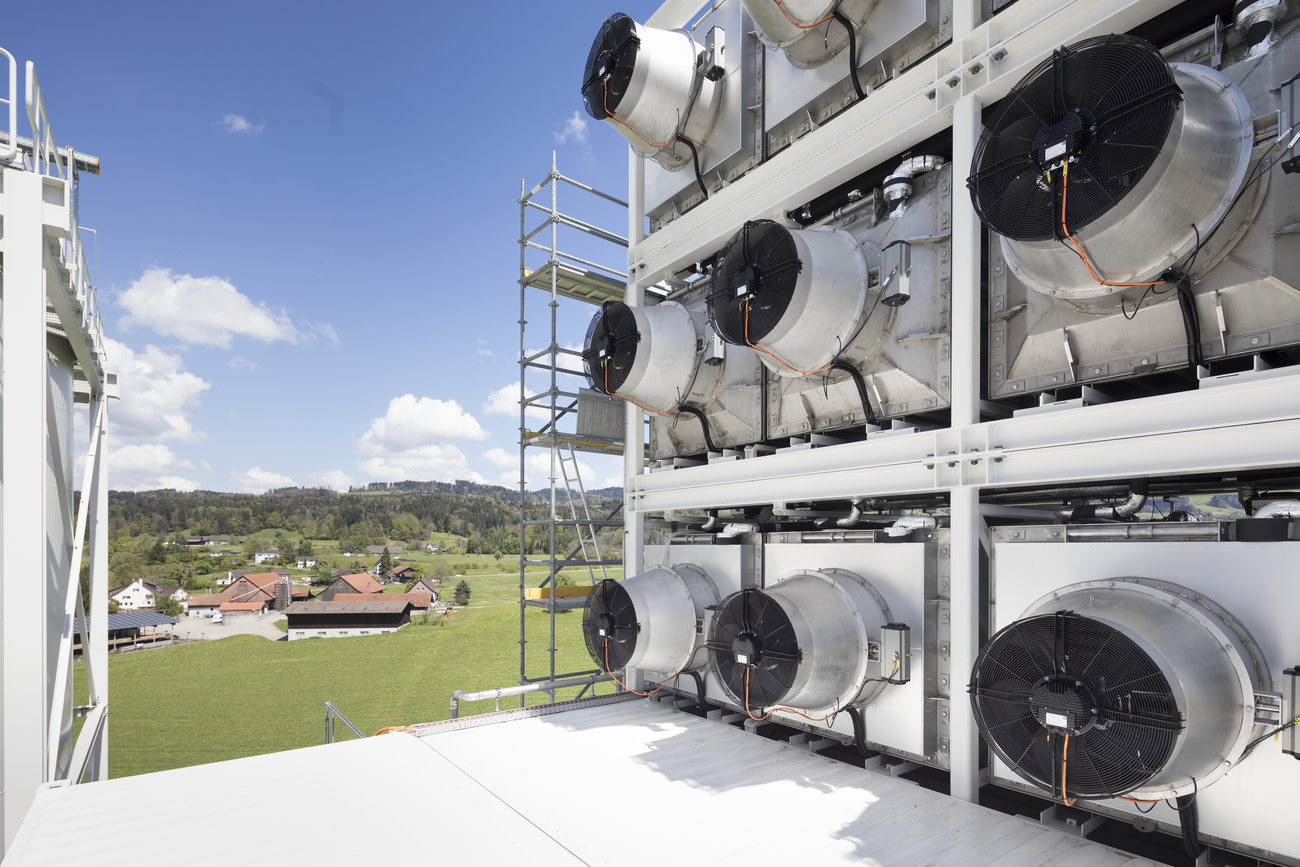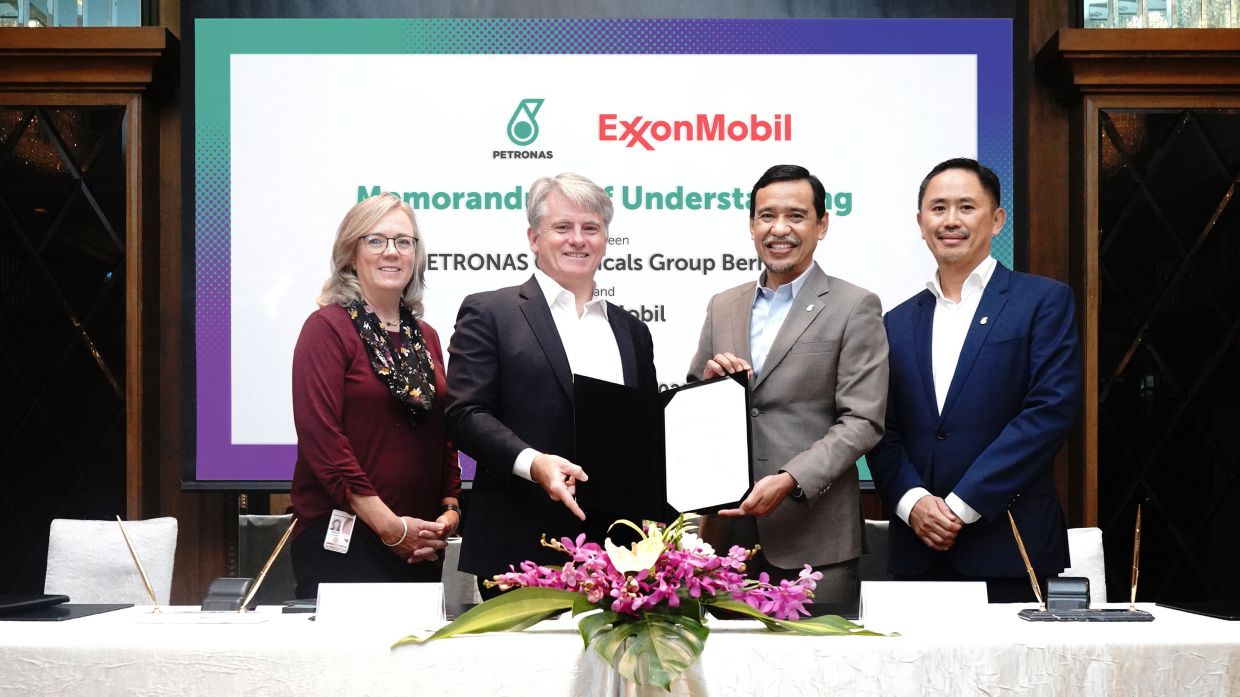ExxonMobil Plant Uses Advanced Hydrogen Burner for Decarbonisation
Exxon Mobil Corp

ExxonMobil's new burner at its Baytown Olefins plant emits less carbon dioxide (CO2).
The company has worked for more than four years to develop this technology, which will decarbonise the chemical industry.
ExxonMobil, one of the largest producers of energy, chemicals, and lubricants, has developed an advanced new burner for steam crackers that can run on up to 100% hydrogen fuel.
The steam cracking process involves breaking down hydrocarbons, like natural gas and oil, into smaller molecules called olefins. These olefins play a major role in the production of plastics and other materials. Conventionally, these furnaces use natural gas, which produces carbon emissions when burned.
ExxonMobil’s new technology replaces traditional burners with new burners that run on hydrogen fuel. This is because hydrogen, when burned, produces no carbon emissions and only water vapour. It is much cleaner than other fuels. The company has tested it with a 98% hydrogen mixture at an industrial scale, producing the same olefins but with less pollution. Also, this new hydrogen burner can run on up to 100% hydrogen.
READ MORE: Frankfurt Primed for Europe's Largest Sustainable e-Fuel Plant
The company says that in its latest demonstration, they were able to reduce CO2 emissions by 90% compared to conventional methods, which is a major change in the efforts to reduce emissions from the chemical industry. They have mooted plans to leverage this technology in more furnaces at the Baytown plant and are working on a project to construct a plant that will produce up to a billion cubic feet of low-carbon hydrogen per day.
The hydrogen produced at their plant will have a very low carbon intensity since the company plans to capture and store more than 90% of the CO2 emissions produced during the hydrogen production process. When ExxonMobil switches to hydrogen, it will reduce the carbon footprint of an array of products, including food packaging, car parts, and medical equipment, among other things.
ALSO READ: Levidian and Graphmatech Develop Graphene Solutions for H₂ Storage
Scientists and engineers at ExxonMobil have worked for more than four years to develop this technology. They hope that other businesses, when switching to hydrogen, will be able to reduce their products' carbon footprint as well and help decarbonise the hard-to-abate chemical industry.
Follow KnowESG's Technology News for regular news and views.
Discover an extensive network of ESG providers here
Check out KnowESG's latest ESG Event updates
Source: ExxonMobil






